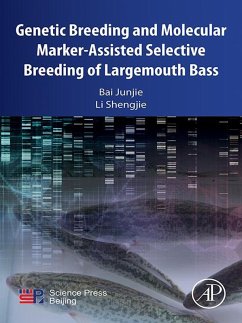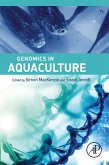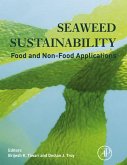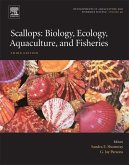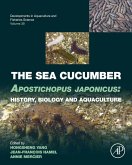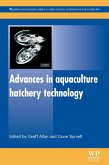Genetic Breeding and Molecular Marker-Assisted Selective Breeding of Largemouth Bass provides evidenced-based research that summarizes the theory and practice of genetic breeding. It provides a theoretical basis and technical support for the genetic improvement of largemouth bass varieties, but is also a good reference on the genetic breeding of other farmed fish. As knowledge of systematic studies, including germplasm resources, biology, quantitative genetics, selection breeding, variety hybridization and molecular marker assisted breeding is needed to increase growth performance, this book provides comprehensive information that is suitable for aquatic genetic breeding researchers and undergraduate and graduate students in aquatic genetics and breeding.
- Presents research on the collection, conservation and evaluation of domestic and abroad germplasm resources, basic biology and genetics, and different types of breeding
- Provides both theory and practical application to enhance the growth and development of new species of fish
- Includes methods to analyze data results and better predict research outcomes
Dieser Download kann aus rechtlichen Gründen nur mit Rechnungsadresse in A, B, BG, CY, CZ, D, DK, EW, E, FIN, F, GR, HR, H, IRL, I, LT, L, LR, M, NL, PL, P, R, S, SLO, SK ausgeliefert werden.

